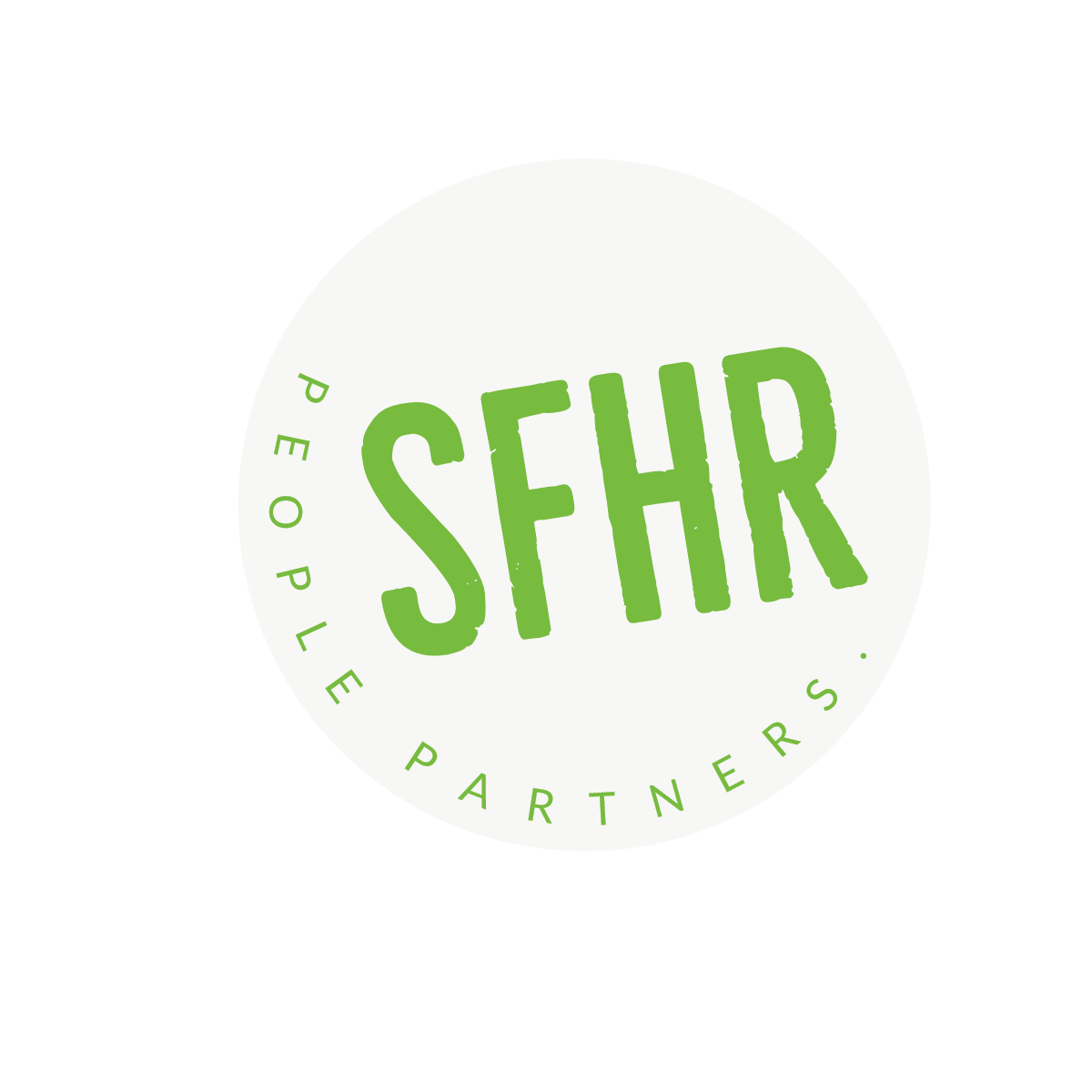California has recently enacted a series of significant legislative changes that will reshape the employment landscape for businesses operating in the state. These new laws, signed by Governor Gavin Newsom, address various issues including workplace safety, employee rights, and the use of artificial intelligence in the workplace. Effective January 1, 2025, these changes will require employers to adapt their policies and practices to remain compliant.
Key Takeaways
- New laws prohibit mandatory employer-sponsored meetings on political or religious topics.
- Minimum wage for fast food workers will increase to $20 per hour starting April 1, 2024.
- Employers must now provide longer paid sick leave and implement workplace violence prevention plans.
- Enhanced protections for whistleblowers and stricter regulations on the use of AI in employment.
Major Legislative Changes
Prohibition of Mandatory Meetings
One of the most notable changes is the introduction of the California Worker Freedom from Employer Intimidation Act (SB 399). This law prohibits employers from requiring employees to attend meetings that communicate the employer’s views on political or religious matters. This aims to protect employees from potential coercion and ensure a more neutral workplace environment.
Minimum Wage Increases
Effective April 1, 2024, the minimum wage for fast food workers will rise to $20 per hour. This increase is part of a broader effort to improve wages for low-income workers and will be overseen by a newly established Fast Food Council, which can further adjust wages annually starting in 2025.
Expanded Paid Sick Leave
Under the new law (SB 616), employers are required to provide a minimum of five days (or 40 hours) of paid sick leave per year, an increase from the previous three days. This change reflects a growing recognition of the importance of employee health and well-being.
Workplace Violence Prevention
Beginning July 1, 2024, all employers must develop and implement a workplace violence prevention plan (SB 553). This includes maintaining an incident log and providing training to employees on how to handle potential violence in the workplace.
Enhanced Protections for Employees
Whistleblower Protections
The California Whistleblower Protection Act has been amended (AB 2299) to require employers to prominently display employees’ rights under the law. This aims to encourage reporting of misconduct without fear of retaliation.
AI Regulations
With the rise of artificial intelligence in the workplace, new regulations (AB 2885 and AB 2602) have been introduced to define AI and restrict its use in creating digital replicas of employees’ voices or likenesses without consent. This is a crucial step in protecting employee privacy in an increasingly digital work environment.
Conclusion
These legislative changes represent a significant shift in California’s approach to employment law, emphasizing worker rights and safety. Employers will need to review and update their policies to comply with these new regulations, ensuring they foster a fair and safe workplace for all employees. As these laws take effect, businesses must stay informed and proactive in adapting to this evolving legal landscape.
Sources
- Capitol Gains: California’s Legislative Highlights for 2025 | Littler, JD Supra.
- California Employment Laws< Cannabis, Minimum Wage, Workplace Vio, The National Law Review.
- California high court rules public agencies not subject to labor law, Los Angeles Times.
- Which bills did Newsom sign?, CalMatters.
